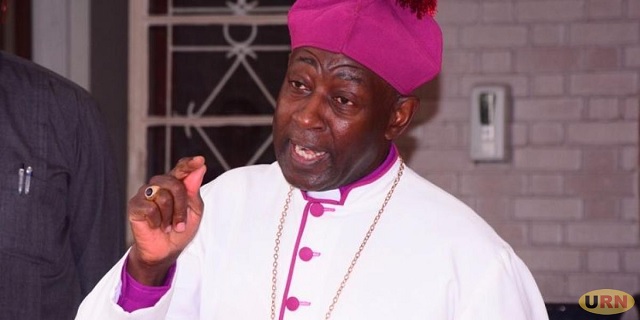
Kampala, Uganda | THE INDEPENDENT | The Church of Uganda is set to transition some of its government-aided schools to private status in response to the government’s proposed initiative for total free education. This strategic shift aims to address the challenges posed by the new policy.
The decision has been deliberated in two provincial assemblies and is becoming increasingly clear. During last week’s 27th provincial assembly, the matter was once again on the agenda, as presented by the board of education.
Key issues surrounding this transition were discussed in a closed session of the provincial assembly but URN has obtained documents and information from sources detailing these developments. The provincial assembly is the highest decision-making body of the Church of Uganda, consisting of representatives from all 39 dioceses organized into three houses; the House of Bishops, the House of Laity, and the House of Clergy.
“Some schools will be running as private. these are likely to be affecting the top traditional schools but negotiations are still underway as the government has an investment in these schools,” a member of the assembly told our reporter.
Available information indicates that the board of education has already recommended a full strategy to run some schools as purely private but is still open to discussing with the government on way forward including the implementation of a free fees policy.
“The provincial assembly standing committee…recommended that besides the strategy to run some of our church schools as private. the church should seriously engage government on matters of implementing free education,” the report presented to the assembly for members’ consideration reads in part.
Statistics indicate that the Church of Uganda runs at least 42 percent of the government-aided schools in the country. However, corroborated information suggests that the Church plans to withdraw only its “top schools”—often referred to as traditional schools—such as Gayaza High, Mengo, King’s College Budo, and Nyakasura, Ndejje, among others.
In recent years, there has been growing public outcry over the ever-increasing school fees and related charges. While people were able to accept high fees in private schools, they were troubled by the equally steep charges in public schools.
In response, the government has been addressing the issue, and last year the cabinet declared that education in public and government-aided schools would be completely free, directing the foundation bodies to comply with this policy.
However, this decision has been met with dissatisfaction from the foundation bodies and school leaders, who argue that the government cannot eliminate charges without first addressing the underlying causes. These include among others putting all teachers on the payroll, improving their welfare, increasing capitation and infrastructure grants, and meeting the daily operational needs of schools.
In April this year, The Most Reverend Stephen Kaziimba Mugalu, the Archbishop of the Church of Uganda, also expressed concern about how schools would be able to operate and develop if they stopped charging fees, especially given that the government has not provided the necessary funds.
Since March of last year, there have been high-level meetings addressing this issue, including several convened by the president at the State House.
Dr. Denis Mugimba, the Ministry of Education spokesperson, indicated that the issue is likely to be resolved through ongoing negotiations. He added that the discussions are still in progress and, at this time, he is unable to provide further details on the specifics of the matter.
According to a cabinet memo shared last year, the implementation of the free compulsory education was scheduled to begin in July this year. However, with negotiations with foundation bodies, such as the Church of Uganda, still ongoing and the government yet to allocate the necessary funds for implementation, the start date remains uncertain.
****
URN
 The Independent Uganda: You get the Truth we Pay the Price
The Independent Uganda: You get the Truth we Pay the Price



